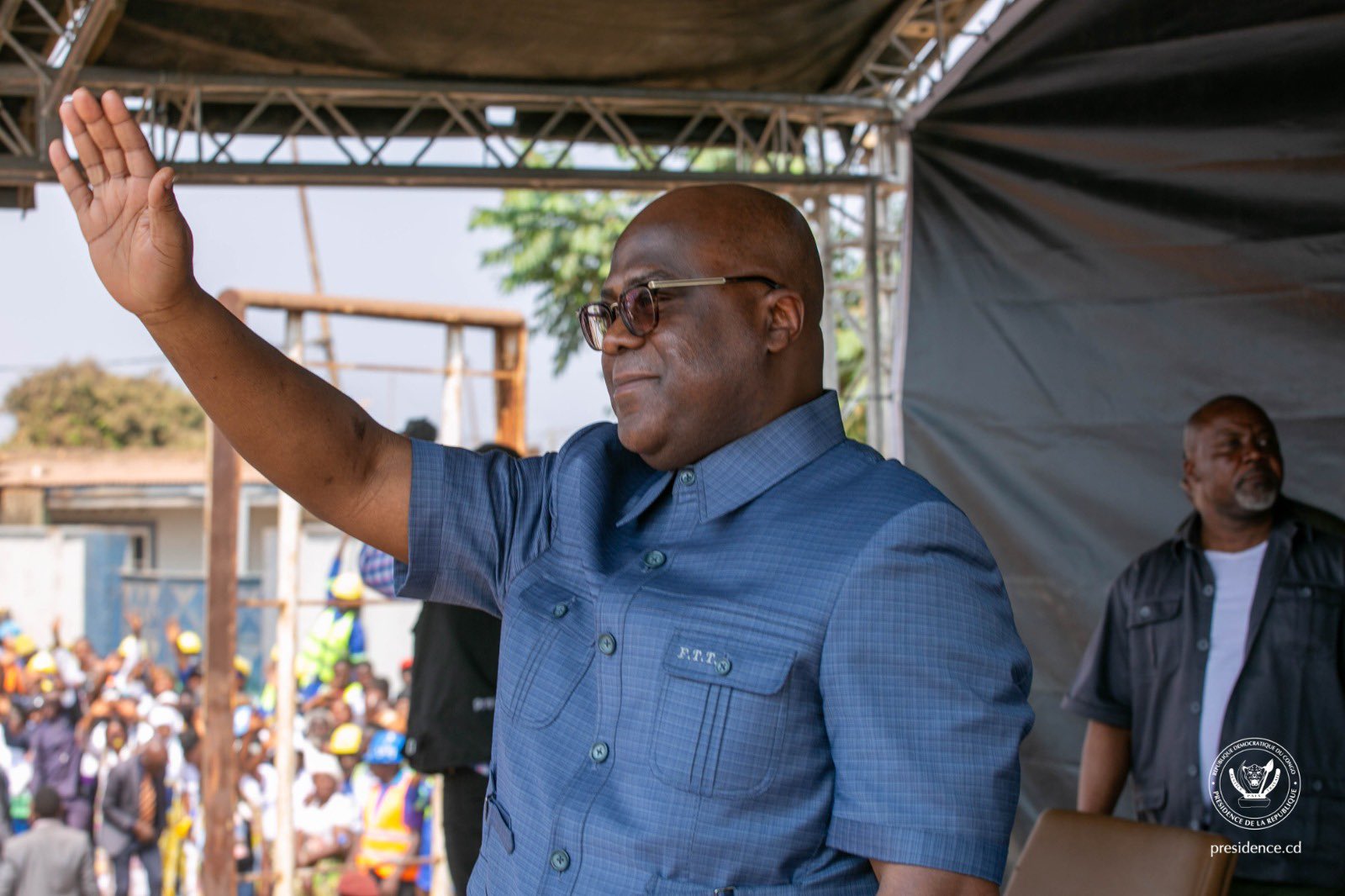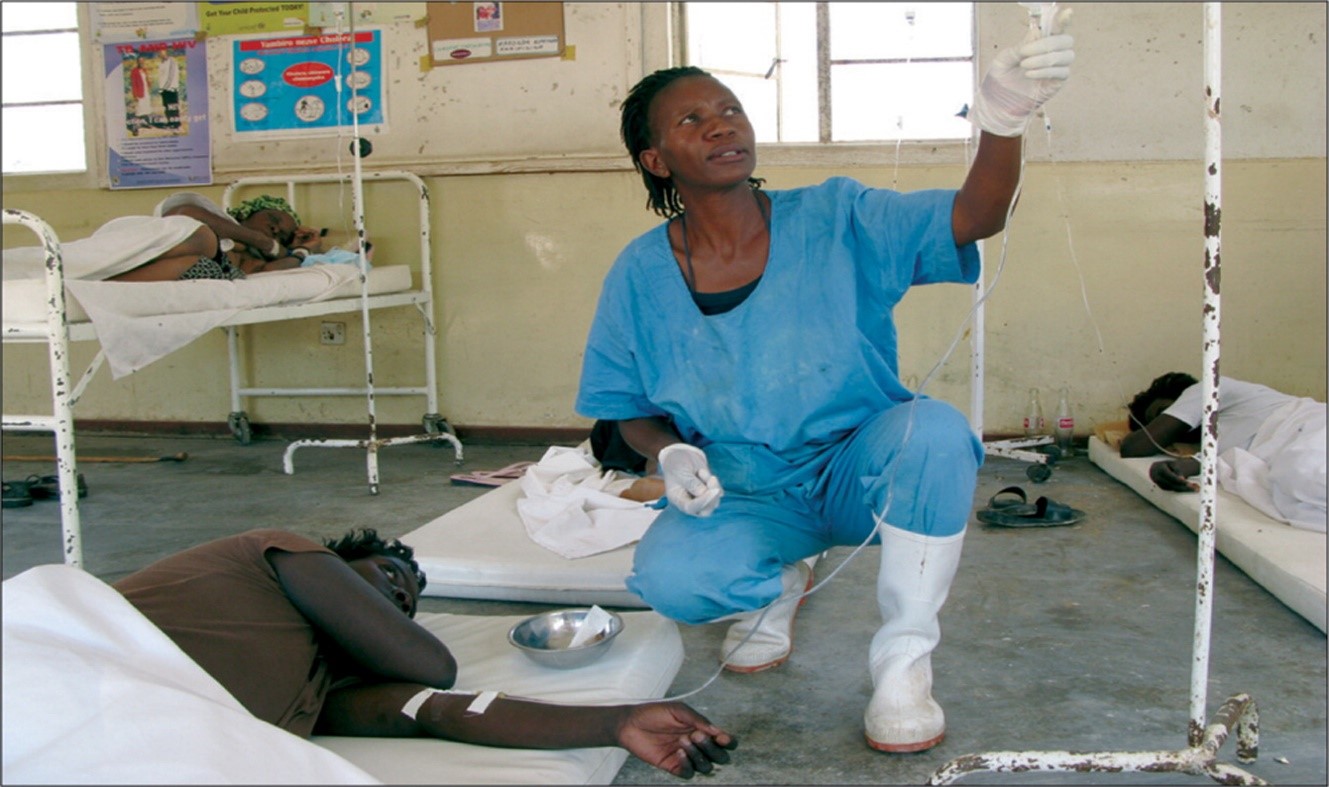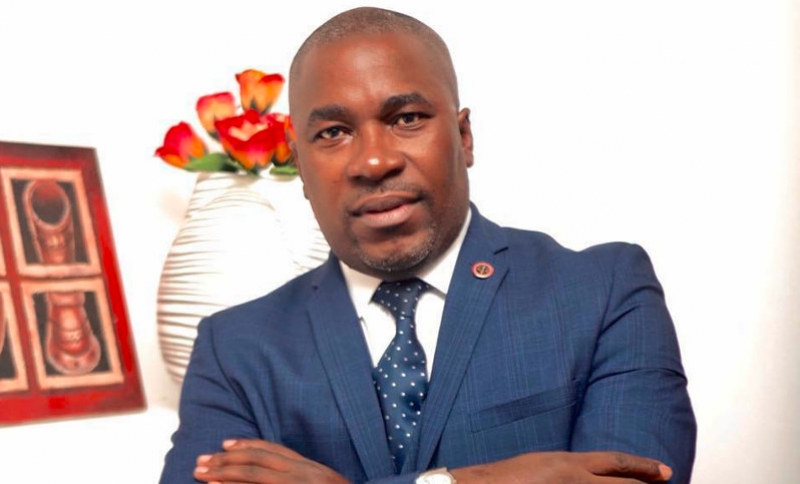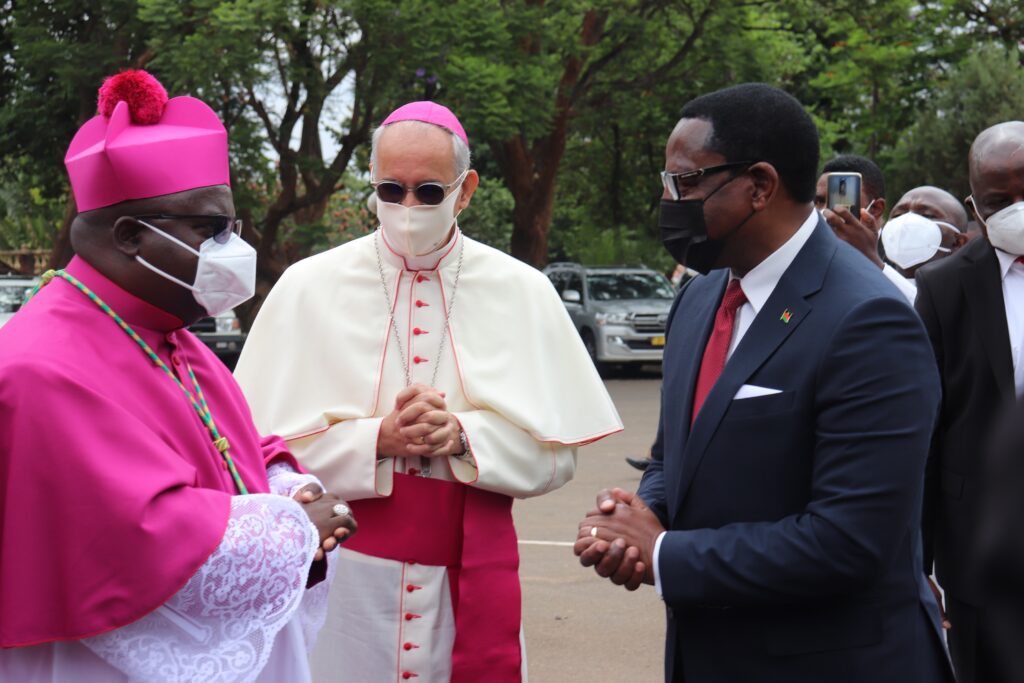DR Congo: Tshisekedi Announces End To State Of Siege In Eastern Kivu
October 14, 2023
By Maniraguha Ferdinand
[caption id="attachment_109141" align="alignnone" width="1600"] President Tshisekedi promised to gradually end state of siege in Eastern parts of the country[/caption]
The President of the Democratic Republic of Congo (DRC), Felix Tshisekedi, has made a commitment to gradually terminate the state of siege that has been enforced in the provinces of North Kivu and Ituri in the eastern part of the country.
This measure was initially introduced to combat the persistent insecurity that has plagued these regions for several years.
In May 2021, approximately two years into his presidency, Tshisekedi implemented a state of siege in North Kivu and Ituri, appointing military leaders to oversee these areas.
This move resulted in various restrictions on the free movement of people and goods, a curfew, prohibitions on freedom of association, and peaceful protests, among other constraints.
In an address to the nation on Thursday, October 12th, 2023, President Tshisekedi pledged to bring the state of siege in these provinces to an end, marking a significant turning point.
“I have, with a deep sense of responsibility, chosen to implement a gradual transitional mechanism, which will ultimately bring this exceptional situation to a close," he declared.
While Tshisekedi acknowledged that there were some security improvements during the state of siege, he stressed the importance of restoring civilian governance to Ituri and North Kivu, especially as the country approaches the general elections scheduled for December 20th, 2023.
"This is particularly crucial, as all stakeholders in the electoral process should have the unimpeded right to participate fully”, he emphasized.
The state of siege had faced considerable criticism both locally and internationally, with some attributing it to the escalation of violence in these already volatile provinces in the eastern region. It was during this period that the M23 rebellion resurfaced in North Kivu, and despite numerous mediation efforts, the situation remained unresolved, prompting many residents to flee their homes in search of safety.
According to the Kivu Security Tracker, which records incidents of violence involving state security forces and armed groups in eastern Congo, at least 23,271 individuals have lost their lives to armed groups in Eastern Congo since 2017, with 10,939 people being abducted.
The region is home to over 250 armed groups, and the government forces have struggled to establish order.
The United Nations mission, which has been present for more than two decades, is also facing criticism for its perceived ineffectiveness, and ongoing discussions suggest that it may be phased out as early as 2024.
President Tshisekedi promised to gradually end state of siege in Eastern parts of the country[/caption]
The President of the Democratic Republic of Congo (DRC), Felix Tshisekedi, has made a commitment to gradually terminate the state of siege that has been enforced in the provinces of North Kivu and Ituri in the eastern part of the country.
This measure was initially introduced to combat the persistent insecurity that has plagued these regions for several years.
In May 2021, approximately two years into his presidency, Tshisekedi implemented a state of siege in North Kivu and Ituri, appointing military leaders to oversee these areas.
This move resulted in various restrictions on the free movement of people and goods, a curfew, prohibitions on freedom of association, and peaceful protests, among other constraints.
In an address to the nation on Thursday, October 12th, 2023, President Tshisekedi pledged to bring the state of siege in these provinces to an end, marking a significant turning point.
“I have, with a deep sense of responsibility, chosen to implement a gradual transitional mechanism, which will ultimately bring this exceptional situation to a close," he declared.
While Tshisekedi acknowledged that there were some security improvements during the state of siege, he stressed the importance of restoring civilian governance to Ituri and North Kivu, especially as the country approaches the general elections scheduled for December 20th, 2023.
"This is particularly crucial, as all stakeholders in the electoral process should have the unimpeded right to participate fully”, he emphasized.
The state of siege had faced considerable criticism both locally and internationally, with some attributing it to the escalation of violence in these already volatile provinces in the eastern region. It was during this period that the M23 rebellion resurfaced in North Kivu, and despite numerous mediation efforts, the situation remained unresolved, prompting many residents to flee their homes in search of safety.
According to the Kivu Security Tracker, which records incidents of violence involving state security forces and armed groups in eastern Congo, at least 23,271 individuals have lost their lives to armed groups in Eastern Congo since 2017, with 10,939 people being abducted.
The region is home to over 250 armed groups, and the government forces have struggled to establish order.
The United Nations mission, which has been present for more than two decades, is also facing criticism for its perceived ineffectiveness, and ongoing discussions suggest that it may be phased out as early as 2024.





 President Tshisekedi promised to gradually end state of siege in Eastern parts of the country[/caption]
The President of the Democratic Republic of Congo (DRC), Felix Tshisekedi, has made a commitment to gradually terminate the state of siege that has been enforced in the provinces of North Kivu and Ituri in the eastern part of the country.
This measure was initially introduced to combat the persistent insecurity that has plagued these regions for several years.
In May 2021, approximately two years into his presidency, Tshisekedi implemented a state of siege in North Kivu and Ituri, appointing military leaders to oversee these areas.
This move resulted in various restrictions on the free movement of people and goods, a curfew, prohibitions on freedom of association, and peaceful protests, among other constraints.
In an address to the nation on Thursday, October 12th, 2023, President Tshisekedi pledged to bring the state of siege in these provinces to an end, marking a significant turning point.
“I have, with a deep sense of responsibility, chosen to implement a gradual transitional mechanism, which will ultimately bring this exceptional situation to a close," he declared.
While Tshisekedi acknowledged that there were some security improvements during the state of siege, he stressed the importance of restoring civilian governance to Ituri and North Kivu, especially as the country approaches the general elections scheduled for December 20th, 2023.
"This is particularly crucial, as all stakeholders in the electoral process should have the unimpeded right to participate fully”, he emphasized.
The state of siege had faced considerable criticism both locally and internationally, with some attributing it to the escalation of violence in these already volatile provinces in the eastern region. It was during this period that the M23 rebellion resurfaced in North Kivu, and despite numerous mediation efforts, the situation remained unresolved, prompting many residents to flee their homes in search of safety.
According to the Kivu Security Tracker, which records incidents of violence involving state security forces and armed groups in eastern Congo, at least 23,271 individuals have lost their lives to armed groups in Eastern Congo since 2017, with 10,939 people being abducted.
The region is home to over 250 armed groups, and the government forces have struggled to establish order.
The United Nations mission, which has been present for more than two decades, is also facing criticism for its perceived ineffectiveness, and ongoing discussions suggest that it may be phased out as early as 2024.
President Tshisekedi promised to gradually end state of siege in Eastern parts of the country[/caption]
The President of the Democratic Republic of Congo (DRC), Felix Tshisekedi, has made a commitment to gradually terminate the state of siege that has been enforced in the provinces of North Kivu and Ituri in the eastern part of the country.
This measure was initially introduced to combat the persistent insecurity that has plagued these regions for several years.
In May 2021, approximately two years into his presidency, Tshisekedi implemented a state of siege in North Kivu and Ituri, appointing military leaders to oversee these areas.
This move resulted in various restrictions on the free movement of people and goods, a curfew, prohibitions on freedom of association, and peaceful protests, among other constraints.
In an address to the nation on Thursday, October 12th, 2023, President Tshisekedi pledged to bring the state of siege in these provinces to an end, marking a significant turning point.
“I have, with a deep sense of responsibility, chosen to implement a gradual transitional mechanism, which will ultimately bring this exceptional situation to a close," he declared.
While Tshisekedi acknowledged that there were some security improvements during the state of siege, he stressed the importance of restoring civilian governance to Ituri and North Kivu, especially as the country approaches the general elections scheduled for December 20th, 2023.
"This is particularly crucial, as all stakeholders in the electoral process should have the unimpeded right to participate fully”, he emphasized.
The state of siege had faced considerable criticism both locally and internationally, with some attributing it to the escalation of violence in these already volatile provinces in the eastern region. It was during this period that the M23 rebellion resurfaced in North Kivu, and despite numerous mediation efforts, the situation remained unresolved, prompting many residents to flee their homes in search of safety.
According to the Kivu Security Tracker, which records incidents of violence involving state security forces and armed groups in eastern Congo, at least 23,271 individuals have lost their lives to armed groups in Eastern Congo since 2017, with 10,939 people being abducted.
The region is home to over 250 armed groups, and the government forces have struggled to establish order.
The United Nations mission, which has been present for more than two decades, is also facing criticism for its perceived ineffectiveness, and ongoing discussions suggest that it may be phased out as early as 2024.

























